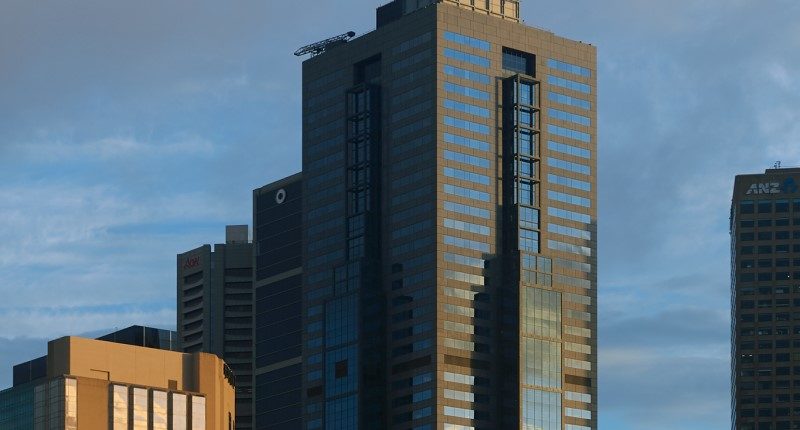- The Victorian and New South Wales are removing mask mandates and WFH directives as of this week
- Property Funds Association says it will encourage further investment and job creation in the CBD
- General Manager of 101 Collins St expects change to be gradual, but ultimately believes in a hybrid model
Many key stakeholders groups have welcomed the relaxation of coronavirus rules surrounding the wearing of masks in the workplace and working from home.
The Victorian government has announced the ending of its working from home advice and the requirement to wear masks in the office, effective 11:59pm Friday 25 February.
Likewise, the New South Wales government has announced the work from home direction will be left to the “employer’s discretion” and the mask mandate will end across most indoor settings effective February 25 February.
The Property Funds Association (PFA), which is the unlisted property funds industry peak body, has said the relaxed restrictions will result in widespread economic benefits.
“Allowing a sustained return to the office will be a huge positive for our cities and our economy,” said Paul Healy, CEO of the PFA.
“It will be a timely boost to our CBDs, bringing significant benefit to office, retail and hospitality venues, which will encourage further investment and job creation.
“The office and retail sectors have been surprisingly resilient across the pandemic and this paves the way for greater confidence and activity in those sectors. We are sure to see some interesting deals and investment opportunities emerge.”

Additionally, Mr Healy said he was hopeful that given the high vaccination rates, state governments would have the confidence to “stick to their guns”.
“We need people back in the office, right across the country, and we hope governments can continue to sensibly loosen restrictions where possible,” he concluded.
Gradual return expected
Peter Calwell, General Manager at 101 Collins in the Melbourne CBD, told The Property Tribune that come Monday he expected a gradual return to the office, noting many businesses are adopting a flexible approach that includes the use of a hybrid working model.
“For many of our occupiers this is new territory, nobody knows what the future holds or what the office will look like like in a post-COVID world,” said Mr Calwell.
“It’s going to take some time for businesses and staff to find their rhythm, and to find what works for them to achieve optimum staff productivity and happiness
“ Our general understanding from business leaders and the wider population is that there is a demand to get back to the office and to return to a semblance of normality. In saying that, back to the office no longer means Monday to Friday from 9am-5pm at your desk – businesses are offering flexibility to staff and promoting the office as a space for collaboration and to build culture.”
With the removal of the mask mandate, he is expecting occupancy to increase from the current level of 20% to 50%.
101 Collins Street is one of Australia’s five largest office towers with 84,000sqm of net lettable area.
“Now more than ever it’s a partnership with our tenants and our customer experience team who are working incredibly closely with our occupiers to achieve their goals, we are working as an extension of their business to activate and engage the building to effectively attract staff back to the office.”
Mr Calwell noted with the football season starting next month, he expected Friday to become the day people visit their workplace to socialise and catch up with friends in the CBD after work.
“We are at the point where people can finally see past the pandemic and there is a feeling that lockdowns are a thing of the past, it’s now two years since the work-from-home orders were enforced and people are ready to move on.
“The 2020 novelty of working from home is gone and there is now a demand to work flexibly and to enjoy the benefits the physical office provides; the experience, learnings and development that staff gain in the office cannot be replicated in a remote setting.”








